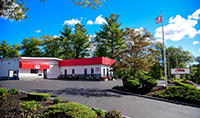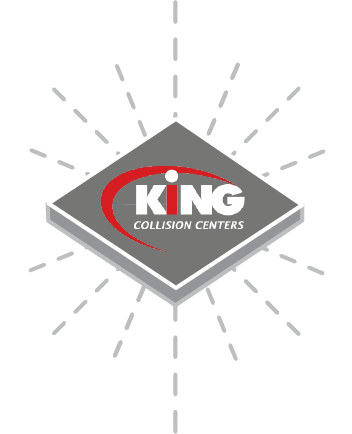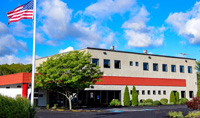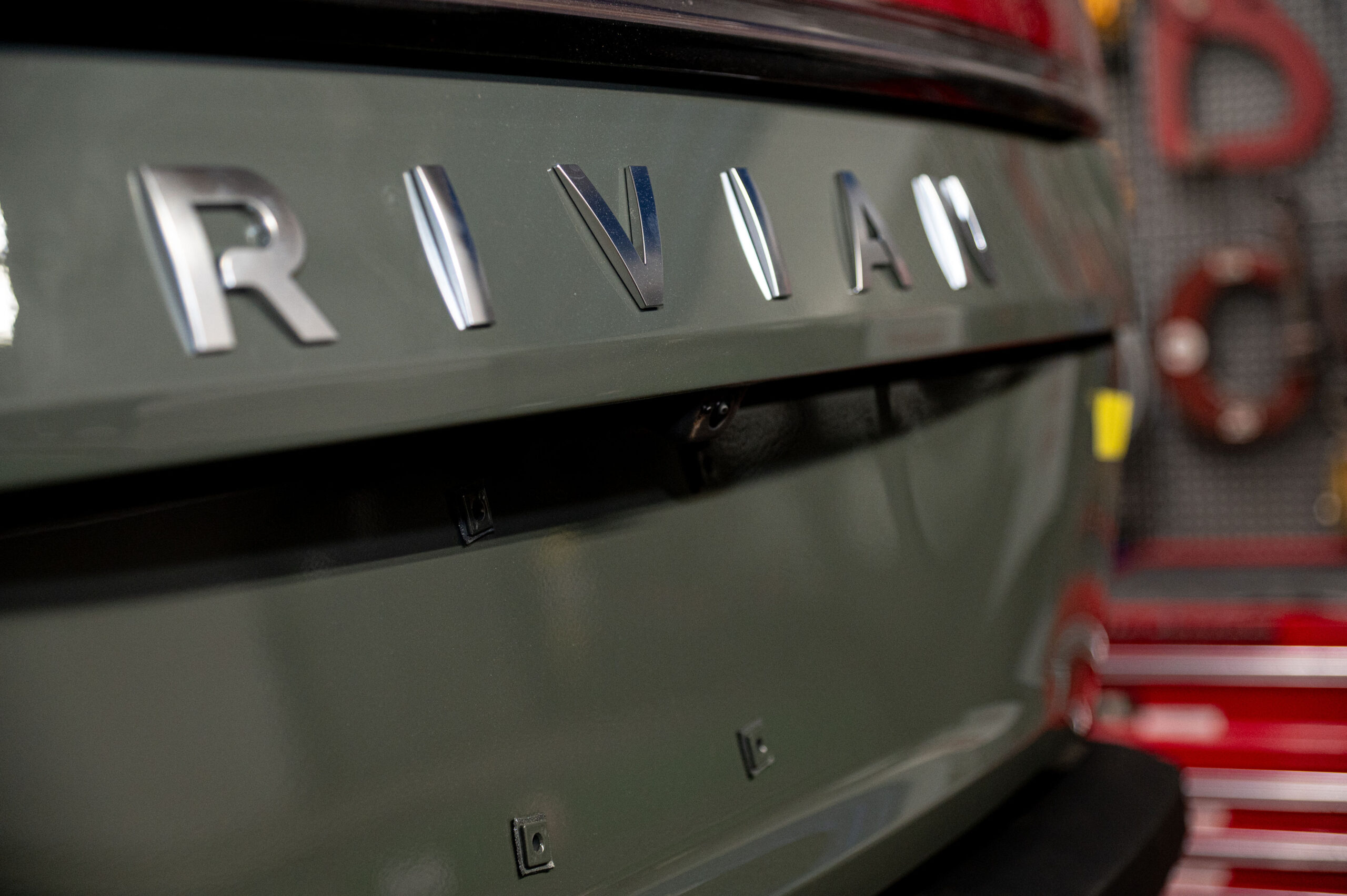
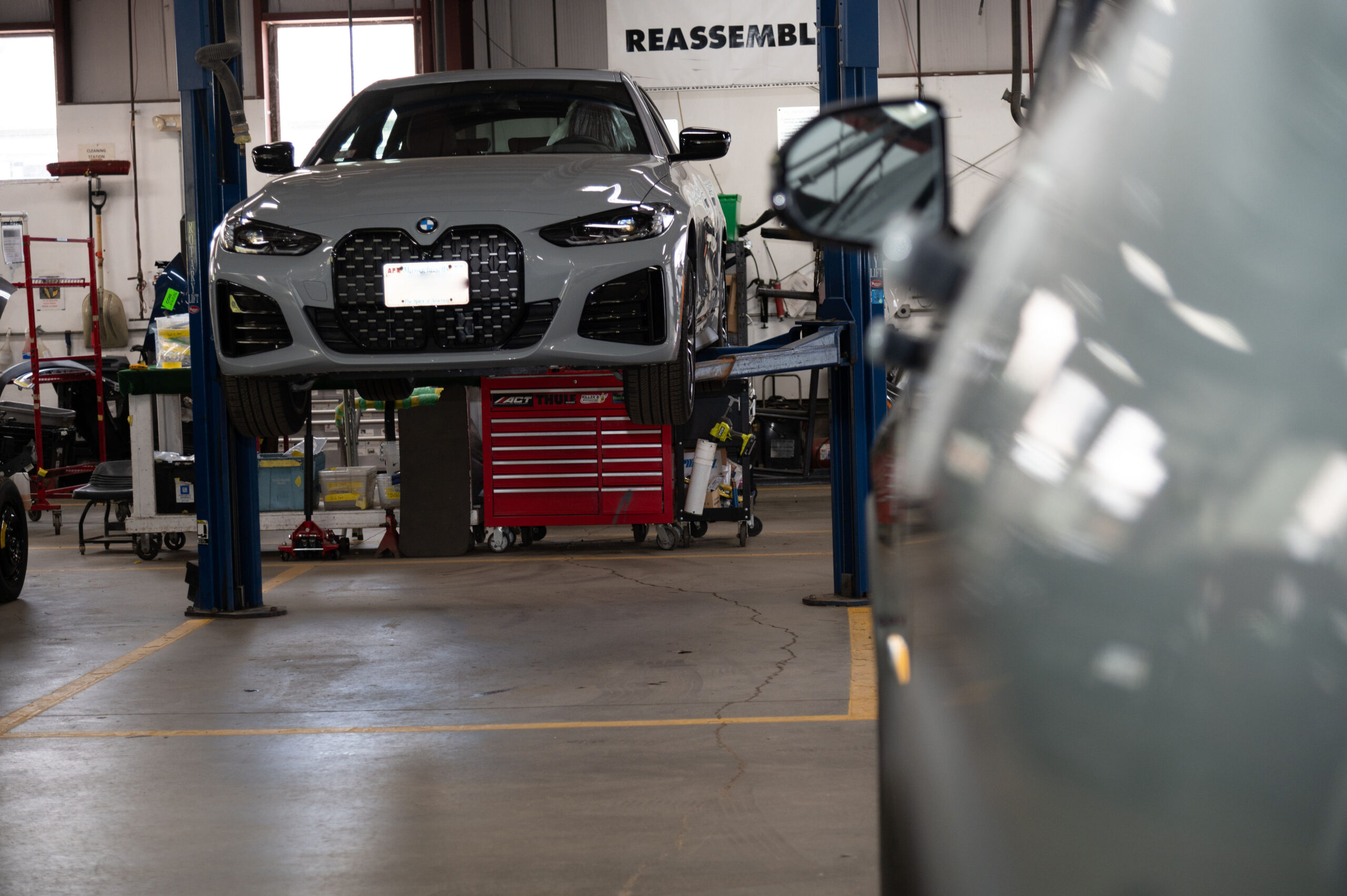
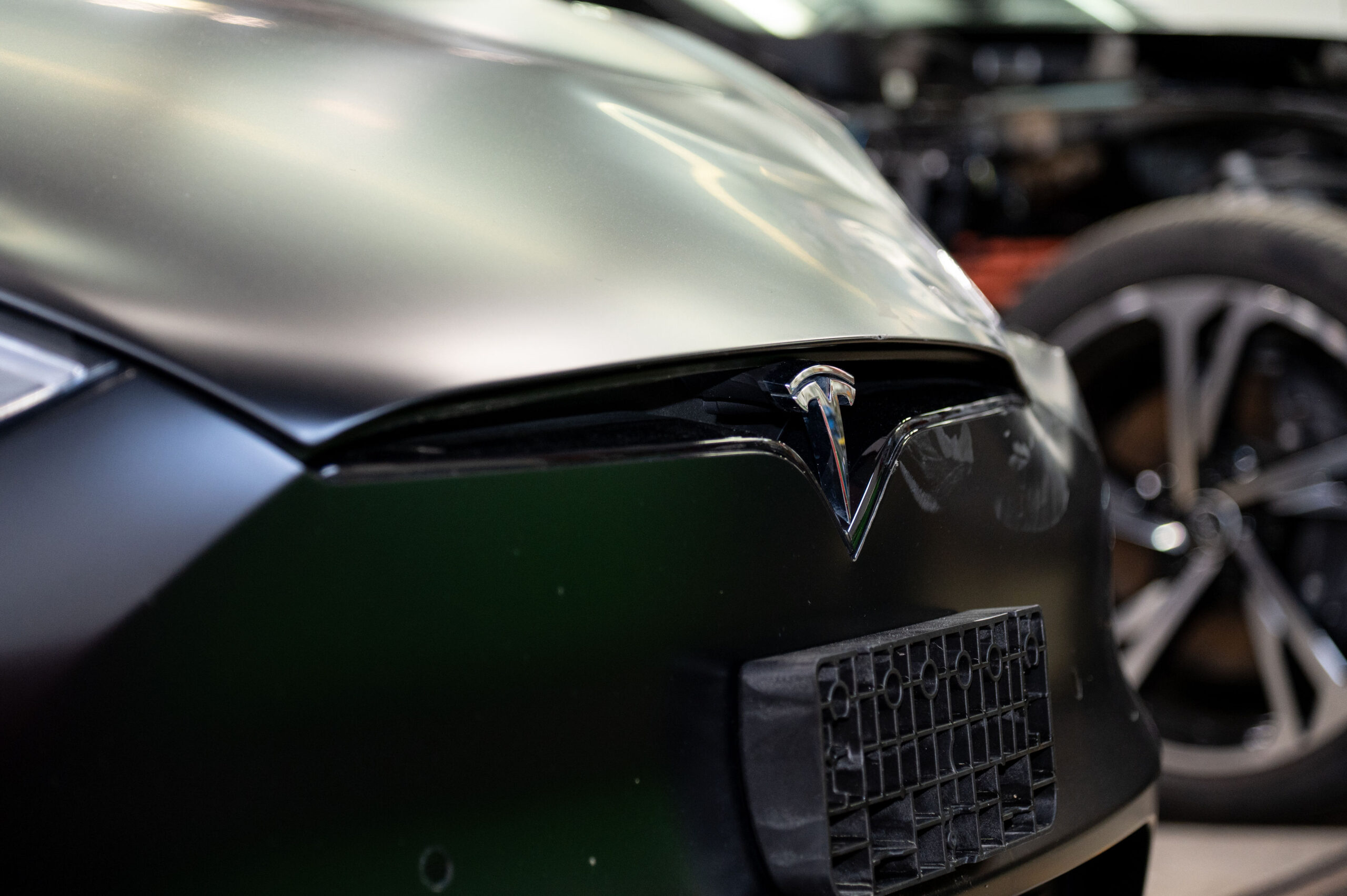
PARTS DISCLOSURE
As collision repair professionals, it is the general policy of King Collision Centers Inc, to use only new, genuine OEM parts in the repair of vehicles. We care about the safety of you and your passengers, and OEM Parts are the only parts actually tested to ensure the operational safety of your vehicle.Our desire is to provide safe, proper repairs in accordance with your vehicle manufacturer’s repair specifications, which call for the use of OEM Parts.
As the vehicle owner, you may decide that you will be satisfied with a repair that includes the use of aftermarket (“AM”) or salvage parts. Under no circumstances, however, will King Collision Centers, Inc. install a “recycled” airbag, used suspension, “remanufactured wheel”, or any other part we believe to represent a significant risk to the safety of you, your passengers, or your vehicle.
Types of New Parts
1. New, Genuine Original Equipment Manufacturer Parts (“OEM” Parts)
These are new parts provided by the manufacturer of your vehicle and are called original equipment manufacturer (“OEM”) parts or “genuine” parts. OEM parts are designed, crash tested and manufactured using the dimensions, guides, patents, molds, materials, and other specifications of the vehicle manufacturer. They are specifically sold by your car maker for replacing the corresponding part on your vehicle.
2. New Aftermarket Parts (“AM Parts”) or “Imitation Crash Parts”
These parts are often called imitation crash parts, generic crash parts, non-original equipment manufacturer parts, alternative parts, or aftermarket parts “(AM”). AM parts are made without approval of your vehicle’s manufacturer and do not use the dimensions, guides, patents, molds, materials, and other specifications of your vehicle’s manufacturer. As a result, AM parts almost never fit properly on the vehicle, are not typically made with metal of the same density or same type of material as OEM parts, and almost always require “retrofitting” to be made to conform as much as possible to the lines, contours, niches, and assembly fittings of your vehicle.
3. Used or Salvage Parts
These parts may be identified on a damage estimate as “Quality Replacement Parts”, “Recycled Parts”, “LKQ”, “Reconditioned Parts”, “Rebuilt Parts”, “Remanufactured Parts”, “Economy Replacement Parts” or another name. While these parts may have been parts installed during the manufacturing of a vehicle like yours, they are obtained from vehicles that have been declared total losses or have otherwise come into the possession of a salvage dealer or junkyard. These parts typically have some level of prior damage and may have been exposed to the elements, chemicals, or other substances that can impair the strength and integrity of the part. These salvage parts may even include undeployed airbags (“recycled airbags”) from a previously damaged vehicle.
Effects of Repairs with Parts Other Than New OEM Parts
1. Lease or Finance Agreement Violation
Many vehicle lease agreements require the lessee to repair the vehicle using only new OEM parts. Under the terms of the lease agreement, the car maker may require the vehicle to be re-repaired using OEM parts at your expense. Additionally, motor vehicle finance agreements may prohibit taking actions that adversely affect the value of the vehicle, which may include repairs using AM, used or salvage parts. Please check the terms of your lease or finance agreement to determine if repairs with certain parts could place you in violation of the agreement.
2. Decrease in Value
Repairs made with other than new OEM parts may adversely affect the resale value of your vehicle.
3. Parts Warranty
Repairs made with other than new OEM parts may adversely impact your ability to have warranty repairs provided and paid for by your vehicle’s manufacturer in the event of a defect or problem. If use of an AM, used or salvage part causes or contributes to a problem or failure with your vehicle, the automaker may refuse to repair the vehicle under warranty.
Read about Parts Usage guidelines in MA CMR 133:
https://www.mass.gov/doc/211-cmr-133-standards-for-the-repair-of-damaged-motor-vehicles/download


